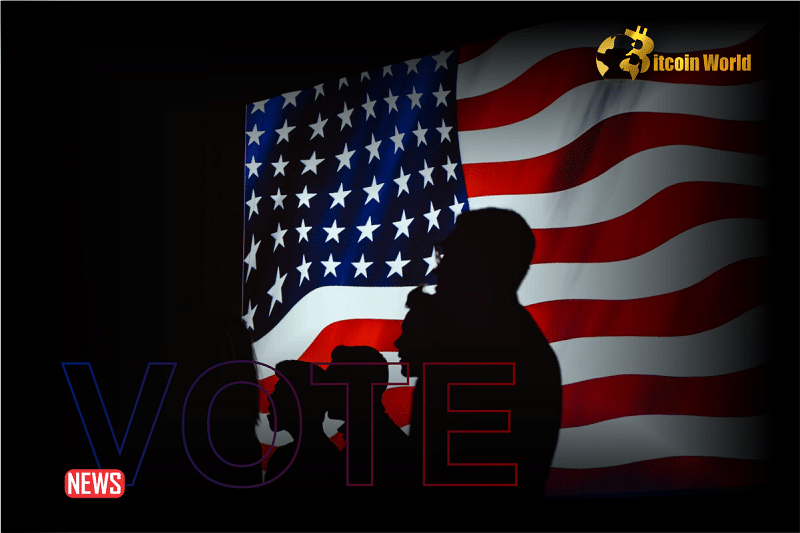The 2024 US Presidential election is shaping up to be unlike any other, and a significant new player is entering the arena: cryptocurrency. But how much influence will it really have? According to former SEC official John Reed Stark, the impact could be substantial.
Crypto’s Role in the 2024 Election: What’s at Stake?
John Reed Stark, now president of cybersecurity firm John Reed Stark Consulting, believes crypto could significantly shape the election outcome. He suggests that candidates should appoint a “Crypto Czar” to engage with the crypto community and address crypto-related issues. Here’s why:
- Growing Political Constituency: The crypto community is passionate and growing, with the potential to become influential one-issue voters.
- Financial Power: Crypto companies and leaders are backing pro-crypto candidates with substantial funds.
- Evolving Landscape: Crypto has evolved beyond a financial instrument to become a potent force in shaping political landscapes.
Why Should Candidates Pay Attention to Crypto?
Stark emphasizes that people vote with their wallets, and in the digital age, this trend is intensifying. He describes the cryptoverse as a global anti-establishmentarian movement with unparalleled economic history.
Key Takeaway: Candidates who ignore the crypto community risk missing out on a significant bloc of voters and potential financial support.
Following the Money: Crypto’s $78 Million War Chest
As of December of last year, a staggering $78 million has been amassed to support pro-crypto candidates. Contributions come from major players like Andreessen Horowitz, Ark Invest, Coinbase, Blockchain Capital, Kraken, and Ripple. This financial backing highlights the strategic importance of crypto-friendly candidates.
The Big Question: Will this financial influence translate into electoral success for crypto-backed candidates?
Trump’s Crypto Stance: Skepticism or Opportunity?
While Polymarket data suggests that Donald Trump currently leads with a 48% chance of victory, it’s worth noting his past skepticism toward crypto and Bitcoin. However, analysts at Vaneck anticipate that a Trump victory could drive Bitcoin to new record highs, suggesting a potential shift towards a more crypto-friendly stance if he returns to the White House.
The Potential Impact: A Trump presidency, even with initial skepticism, could ultimately benefit the crypto market.
The Need for Engagement: Crypto and Electoral Politics
The intersection of crypto and politics is poised to be a defining factor in the 2024 U.S. presidential election. The involvement of major crypto players in supporting aligned candidates highlights the industry’s recognition of the potential impact of political decisions on the regulatory landscape and overall adoption of cryptocurrency.
Actionable Insight: Candidates must actively engage with the crypto community to understand their concerns and address crypto-related issues proactively.
Conclusion: A New Era of Political Influence
The rise of crypto as a political force marks a significant shift in the landscape of U.S. elections. With substantial financial backing and a passionate community, crypto has the potential to sway election outcomes. As the 2024 election approaches, candidates who recognize and engage with the crypto community will be best positioned for success. The digital era has brought forth a unique political constituency driven by a shared passion for cryptocurrency, transforming it into a key factor that could sway election outcomes.
Disclaimer: The information provided is not trading advice, Bitcoinworld.co.in holds no liability for any investments made based on the information provided on this page. We strongly recommend independent research and/or consultation with a qualified professional before making any investment decisions.




